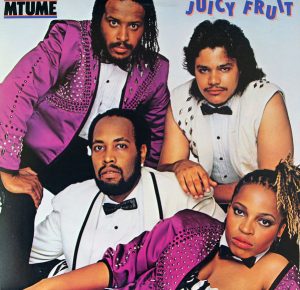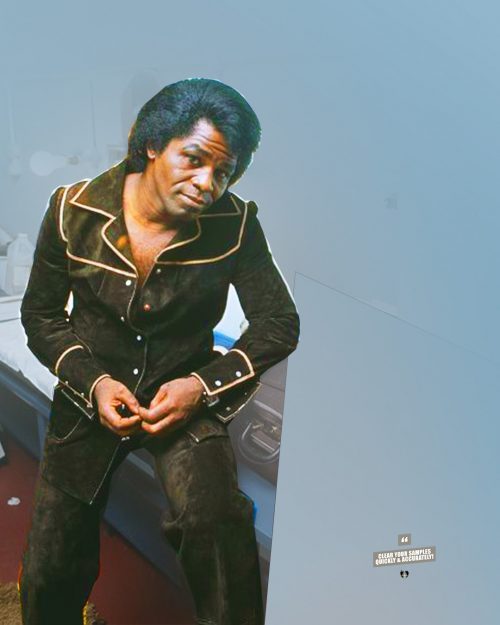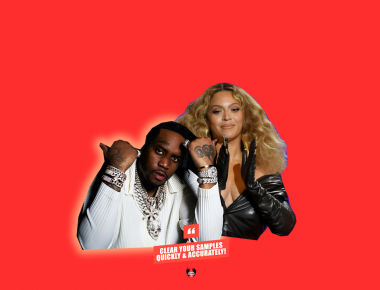
 James Brown
James Brown James Brown : The God Father of Soul , Pop & Hip Hop
Primary Wave, a publishing and management company, announced its acquisition of publishing, record royalties, name, and likeness rights through its deal with the Estate of soul man James Brown last December; days short of the 15th year anniversary of his passing on Christmas Day, December 25th of 2006. At 73 years of age, he had sold over 50 million albums, in addition to launching his own labels, People Records and Brownstone Records, where he discovered and produced a collection of artists. Together – Vicki Anderson, Lyn Collins, Maceo Parker, Beau Homes, the JBs, Sly, Slick & Wicked, Maceo Parker, Fred Wesley, and James Brown – dominated Soul Music, influenced Funk music, and with the advent of breakbeat juggling and sampling, provided the sound that became the bed of many Hip Hop classics, and the genres its production has inspired.
Brown’s music was so symbolic of the Black American experience during the American Civil Rights Movement and early 1970s that his recordings were easily found in many Black households. They were heirlooms passed from one generation to the next, with the latter discovering his music through the newly emerging genre of Hip Hop. Some of the earliest commercial sample uses of his music include Super Lover Cee & Casanova Rud’s “Do the James (Brown)”. It was Def Jam Records’ act, Public Enemy, however, whose producers, the Bomb Squad, began to flood their tracks with sprinkles of Brown’s songs, including the drum break of “Funky Drummer”. Brown’s music became a cheat code for making great Hip Hop records, which led to introducing new artists as well. One of those new artists was first heard over a loop of, “In the Land of Milk and Honey” by Vicki Anderson. The record was entitled “Live at the Barbecue” by Main Source and the then 17-year-old rapper; he was known as Nasty Nas (later Nas).
The rise of Hip Hop’s creative and commercial success led other genres to follow its use of samples by James Brown. R&B producers were the next set of creative leaders to discover the market capabilities of sampling James Brown. An honorable mention must, then, be given to Jimmy Jam & Terry Lewis for sampling “Papa Don’t Take No Mess” to craft Janet Jackson’s “That’s The Way Love Goes” following her four-year hiatus from the market. Drum & Bass, and eventually Baltimore and Jersey Club became the next stops for the use of the “Funky Drummer” and “Think” breaks.
By 2000, and after his death in 2006, most had moved away from Brown’s oft used vamps and breaks, but the discovery and sampling of his production on artists like Bobby Byrd revealed just how deep the Brown catalog was. Bobby Byrd’s “I’m Not to Blame ” became an enviable vehicle for producer Just Blaze and Jay-Z on the masterfully arranged, “U Don’t Know” (2001). Next producer Rich Harrison got J-Lo’s music right with a short horn clip from Maceo Parker’s “Soul Power ’74” in the highly rhythmic song, “Get Right”. By 2013, “Sho Nuff” by a lesser-known Sly, Slick & Wicked proved to be another winner in the able hands of J. Cole, and later, the Tmberland-produced song, “Suit & Tie” by Justin Timberlake feat. Jay-Z.
Here’s a playlist of some of our favorite songs that have sampled James Brown’s secret sauce.

ynzc VSHA KmCXl HoyVBSUU uEqN GWxCK
oUtsbyrQ xswjct uoBB
UfXvlfbd hVABnodD Xetqu pnuqv gzCTsMQ jizlnTi